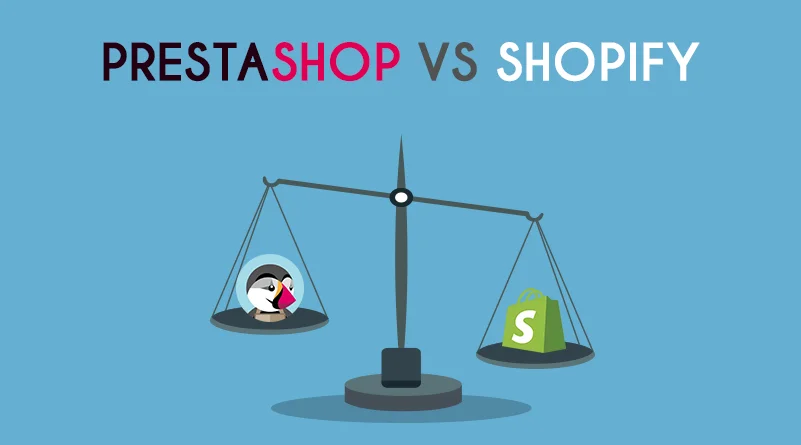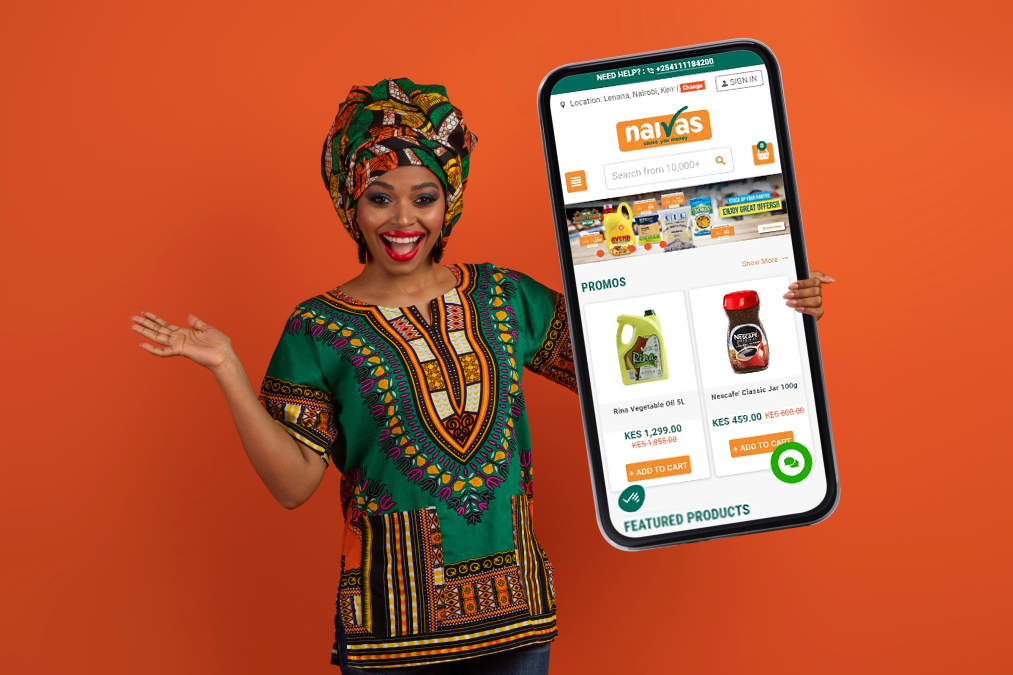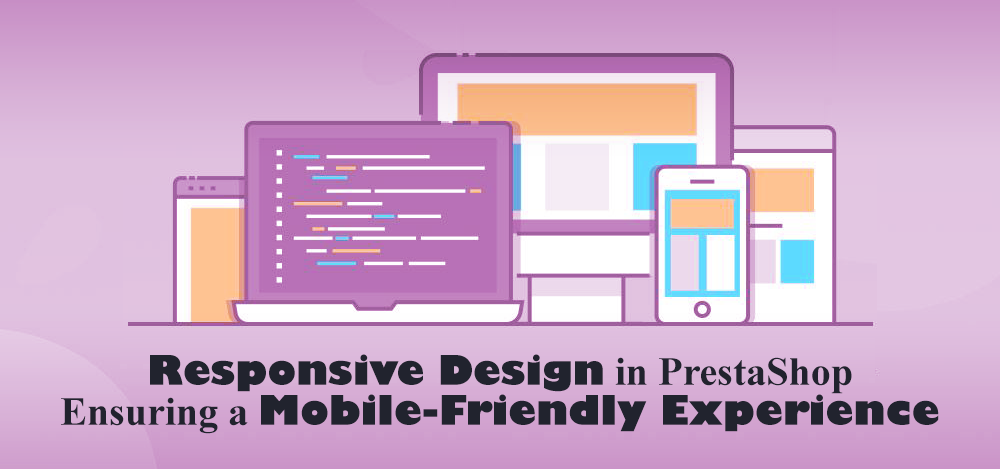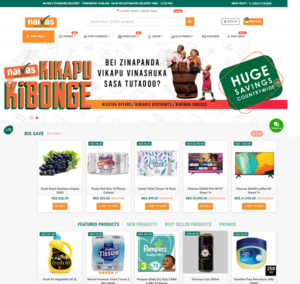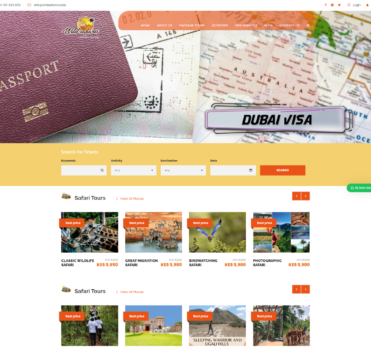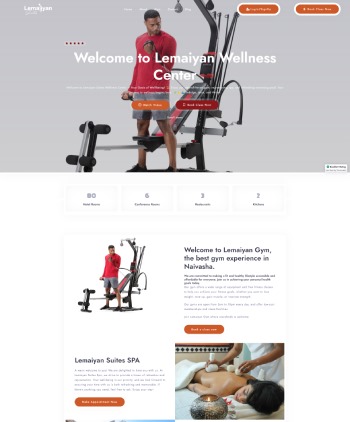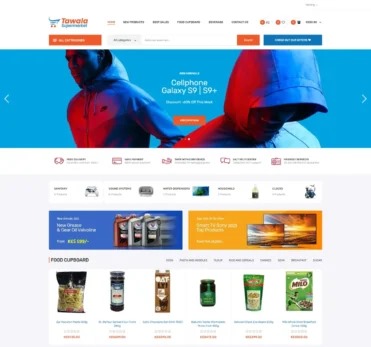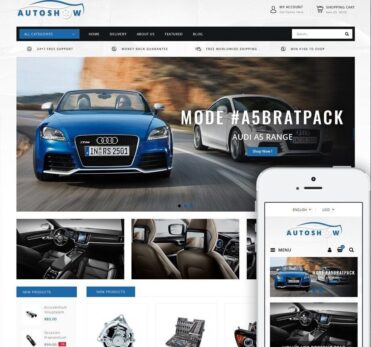How Kenyan Businesses Can Win with Influencer Marketing
In today’s fast-moving digital world, consumers no longer trust ads the way they used to. People now believe people — and that’s exactly why influencer marketing has become one of the most powerful tools for brands in Kenya.
From Nairobi’s fashion scene to Kisumu’s tech startups, influencers are shaping conversations, driving trends, and helping businesses connect with audiences in more authentic ways. But what does it take for a business to actually win with influencer marketing in Kenya? Let’s dive in.
I. The Power of Influence in the Digital Era
Kenya’s social media landscape has evolved drastically. Platforms like Instagram, TikTok, X (formerly Twitter), and YouTube have created communities around interests — from lifestyle and fitness to business and comedy. Influencers play a central role in these ecosystems, often driving the kind of trust that traditional marketing cannot buy.
According to GeoPoll, more than 60% of Kenyan internet users say they are likely to purchase a product recommended by an influencer. That’s massive. It shows that social media personalities — whether micro-influencers or big names — hold real power in shaping consumer decisions.
Influencer marketing is not about celebrity endorsement anymore; it’s about relatability. Businesses that understand this are already ahead.
II. Why Influencer Marketing Works for Kenyan Businesses
There are several reasons influencer marketing has become a game changer in Kenya’s digital economy.
I. Trust and relatability: Consumers see influencers as peers, not advertisers. When an influencer recommends a product, it feels more like advice from a friend.
II. Targeted reach: Influencers speak directly to specific audiences — from Gen Z students to working professionals. This makes campaigns more precise and effective.
III. Content creation: Influencers produce creative videos, stories, and posts that businesses can repurpose for ads and social media campaigns.
IV. Cost-effectiveness: Compared to traditional ads, influencer marketing can deliver high engagement at lower costs, especially with micro-influencers.
V. Local connection: Kenyan influencers understand local slang, humor, and culture — making brand messages more relatable and engaging.
For example, fintech companies have used local influencers to explain digital payments, while food delivery startups collaborate with lifestyle vloggers to showcase convenience and customer experience.
III. Choosing the Right Influencer for Your Brand
The success of an influencer campaign depends heavily on who you partner with. Kenyan businesses often make the mistake of chasing big numbers — but engagement matters more than followers.
To choose the right influencer:
I. Define your audience. Understand who your ideal customer is and what platforms they use.
II. Check engagement rate. An influencer with 10,000 followers but strong interactions can outperform one with 100,000 followers and weak engagement.
III. Align values. Work with influencers who reflect your brand’s tone, style, and message.
IV. Evaluate past collaborations. See how authentic their sponsored posts feel. Forced or repetitive content can turn audiences off.
V. Look for long-term partnerships. Influencer relationships built over time often yield better trust and brand loyalty.
E-Startups Kenya helps businesses analyze influencer performance metrics, track campaign results, and build partnerships that align with long-term marketing goals.
IV. Influencer Marketing Strategies That Work in Kenya
Here’s how businesses across Kenya are turning influencer collaborations into real growth:
1. Storytelling over selling
Instead of directly pushing products, influencers are telling stories — about lifestyle changes, convenience, or emotional connections. A TikTok skit or a YouTube vlog can drive far more impact than a static ad.
2. Leveraging micro-influencers
Micro-influencers (1,000–10,000 followers) often deliver higher engagement rates. They have strong communities and personal relationships with their audiences.
3. Creating local campaigns
Brands are now localizing content — using Swahili, Sheng, or cultural references that resonate with everyday Kenyans. It’s not just marketing; it’s community-building.
4. Using data and analytics
Smart businesses don’t guess. They measure. Tracking metrics such as reach, conversions, and engagement helps determine ROI.
5. Mixing online and offline experiences
Kenyan brands are combining influencer content with events, pop-ups, and brand activations. This strengthens community trust and visibility.
V. Case Studies: Kenyan Success Stories
Several Kenyan businesses have already shown how powerful influencer marketing can be.
I. Safaricom’s campaigns — They often collaborate with local creators to promote new products and community initiatives. The relatable storytelling makes their campaigns stand out.
II. Java House and lifestyle vloggers — Food bloggers and YouTubers have helped Java House build a stronger digital presence through authentic dining experiences.
III. Fintech startups like Flutterwave and Chipper Cash — They’ve used influencers to educate users about digital payments and cross-border transfers, making complex fintech services easy to understand.
These examples show that the key is authenticity, creativity, and collaboration.
VI. Challenges and How to Overcome Them
While influencer marketing is effective, it’s not without challenges.
Some businesses struggle with fake followers, poor content quality, or influencers who fail to deliver agreed results. Others lack systems for tracking campaign performance.
To overcome these:
I. Use influencer vetting tools to check authenticity.
II. Set clear contracts outlining expectations and deliverables.
III. Monitor campaigns in real time.
IV. Focus on influencers who genuinely connect with your brand’s audience.
At E-Startups Kenya, we provide end-to-end influencer campaign management — from influencer selection to analytics — ensuring businesses get measurable results and real growth.
VII. Why Partner with E-Startups Kenya
Influencer marketing is more than posting on social media — it’s about strategy, storytelling, and trust. E-Startups Kenya helps businesses plan and execute influencer campaigns that deliver results.
Our team helps you:
I. Identify the right influencers for your brand.
II. Create impactful, data-driven campaigns.
III. Optimize digital content for maximum visibility.
IV. Integrate influencer marketing with your overall SEO, social media, and digital advertising strategies.
Whether you’re a fashion brand, tech startup, or service provider, we’ll help you turn influence into impact.
Frequently Asked Questions (FAQs)
1. How much does influencer marketing cost in Kenya?
It depends on the influencer’s reach, platform, and campaign scope. Micro-influencers are often more affordable and can deliver great engagement.
2. Which social platforms work best for Kenyan businesses?
Instagram, TikTok, and YouTube currently offer the highest engagement rates, but it depends on your target audience.
3. Can small businesses benefit from influencer marketing?
Absolutely. Small businesses can work with niche influencers to target local audiences and grow brand awareness.
4. How do I measure influencer marketing success?
Track metrics like engagement, reach, conversions, and website traffic. E-Startups Kenya provides tools to help businesses analyze campaign ROI.
Conclusion
Influencer marketing is no longer just a global trend — it’s a Kenyan reality. Businesses that learn how to build genuine relationships with creators are already seeing the rewards in brand awareness, trust, and sales.
In a world where connection drives commerce, authentic voices win. And with the right strategy, your business can be part of that success story.
Partner with E-Startups Kenya today and let’s help your brand harness the power of influence to grow, connect, and thrive in the digital age.


